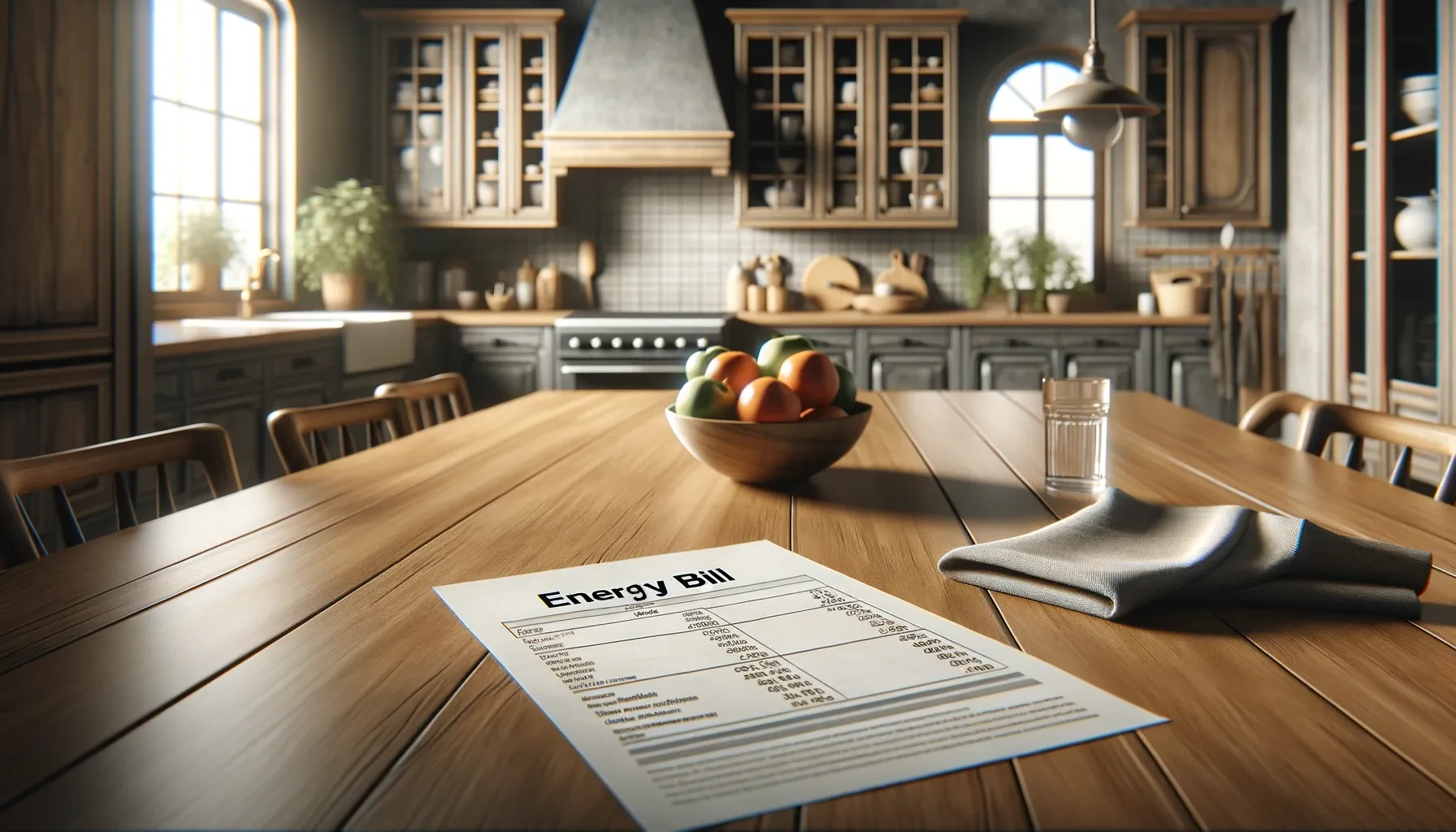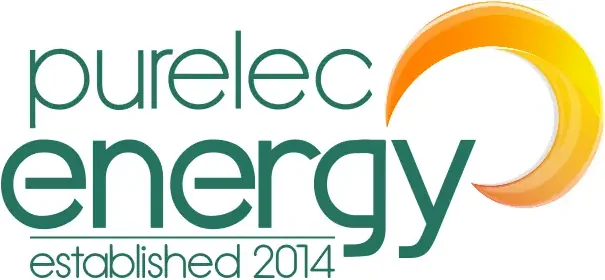
Ofgem’s recent announcement about the energy price cap rise for January 2024 is a significant blow for British homeowners.
Starting from the 1st of January 2024, there will be a 5% increase in the energy price cap, raising the average annual cost for households paying by direct debit for dual fuel by £94. Whilst this is slightly less than the 6% increase predicted by experts following October’s price cap reduction, the rise is still yet another blow for many families already grappling with financial pressures.
Why Has The Energy Price Cap Increased?
The rationale behind this price cap increase is the escalating costs in the international wholesale energy market which have been largely influenced by global events and market instability, notably the ongoing conflict in Ukraine. While Ofgem’s primary objective is to protect consumers and ensure fair energy pricing, these external factors have necessitated a rise in energy costs, directly impacting British homeowners.
What Can Homeowners Do To Shield Themselves From Future Price Hikes?
This situation underscores the volatility and unpredictability of relying on traditional energy sources. Homeowners are finding themselves at the mercy of global market trends and geopolitical events, leading to unavoidable increases in their energy bills.
Beyond turning down the thermostat and switching off the lights, many British homeowners are turning to solar power. This is because a well designed solar energy system, combining panels, batteries and grid connections, offers a unique opportunity to mitigate the impact of these energy price rises in several ways.
How Solar Panels Can Help
Stability in Energy Costs
Solar energy introduces a significant level of predictability and control over household energy expenses. By generating electricity independently, homeowners are less affected by fluctuations in the global energy market.
Reduced Energy Bills
By generating their own electricity, homeowners can significantly lower their monthly energy costs. Solar panels reduce dependence on grid electricity, especially when paired with a battery storage solution.
Long-term Financial Resilience
Investing in solar panels is a long-term strategy for financial stability. The initial cost is offset by substantial savings on energy bills over time, providing a buffer against future price hikes.
Offsetting Bills Through Excess Energy Generation
Although using the power generated by solar panels directly or via battery storage is far more lucrative, utilising schemes such as the Smart Export Guarantee (SEG) allows homeowners to sell excess electricity back to the grid. This turns solar panels into a source of income that can help offset the impact of rising energy costs.
That being said, we recommend that systems are optimised for usage rather than sale. With an intelligent solar panel and battery set up, owners can access flexible tariffs such as Octopus Flux where they can buy cheap energy at off peak times and store for later use or for resale back to grid for a higher rate.
Contribution to a Greener Future
By adopting solar energy, homeowners not only protect themselves from rising costs but also contribute to a more sustainable and environmentally friendly energy landscape.
With all these benefits in mind, and in response to Ofgem’s announcement, we urge homeowners to seriously consider the transition to solar energy.
It’s not just an environmentally responsible choice but a financially wise one, offering a tangible solution to the ongoing challenge of energy price rises. With solar energy, British homeowners can take a significant step towards energy independence and long-term financial security.
Get A Free Online Solar Survey
At Purelec Energy, we are committed to helping homeowners navigate these challenging times by providing expert advice and high-quality solar energy solutions. We understand the importance of not just reacting to the immediate price hikes but also planning for a more secure and sustainable energy future.
To get your free online solar survey, simply fill out the contact form or call our Yorkshire based team of experts on 01924 840 198
